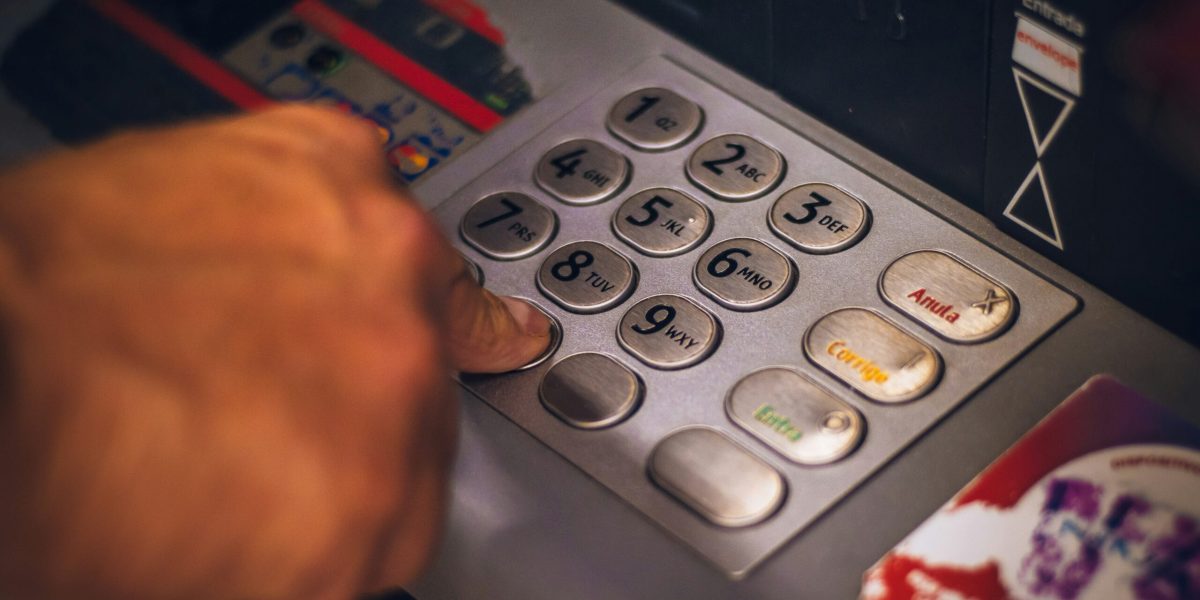How Can You Safeguard Your Finances During Economic Uncertainty?
In times of economic uncertainty, financial stability becomes a priority for individuals and families alike. Whether caused by market volatility, inflation, or unexpected global events, uncertainty can shake even the most robust financial plans. Protecting your finances requires both preparation and adaptability, ensuring that you can weather any storm while securing your future.
Economic uncertainty isn’t new, but its impact feels personal when it threatens everyday stability. The key to resilience lies in understanding how to adapt your financial strategy to the challenges at hand, building a solid foundation for both the present and the future.
What Role Does Emergency Savings Play in Financial Security?
An emergency fund acts as a safety net, providing financial cushioning during unexpected events like job loss, medical expenses, or urgent repairs. Experts often recommend saving at least three to six months’ worth of essential expenses, but in uncertain times, having even more can be prudent.
Building an emergency fund doesn’t happen overnight. Start by setting aside a portion of your income consistently, no matter how small. Automating savings deposits can help make this habit effortless. High-yield savings accounts are excellent for storing your fund, as they offer security and a bit of growth through interest.
An emergency fund not only covers unexpected costs but also prevents you from relying on high-interest debt, such as credit cards or personal loans, in times of crisis. By prioritizing this fund, you ensure that financial setbacks don’t spiral into long-term issues.
How Can Diversification Shield Your Investments?
Economic uncertainty often leads to turbulent financial markets, making investment portfolios more vulnerable. Diversification is a strategy that reduces risk by spreading investments across different asset classes, such as stocks, bonds, and real estate. A well-diversified portfolio ensures that losses in one area are offset by gains in another.
Consider adding low-risk investments like government bonds or dividend-paying stocks to your portfolio. These assets tend to remain stable even during economic downturns. Mutual funds or also offer diversification by including a mix of assets within a single investment.
It’s crucial to review and rebalance your portfolio regularly. Market shifts can alter the proportion of assets, potentially increasing risk. By staying proactive, you maintain alignment with your financial goals and risk tolerance.
Avoid making hasty decisions during market volatility. Emotional reactions, such as panic selling, often lead to significant losses. Instead, focus on long-term objectives, trusting that diversification and strategic planning will help weather the uncertainty.
Why Is Reducing Debt Essential During Economic Downturns?
Debt can quickly become overwhelming during periods of financial instability. Interest payments on loans and credit cards eat away at income, leaving less room for essential expenses or savings. Reducing debt is a critical step in protecting your finances during uncertain times.
Start by identifying and addressing high-interest debt, such as credit cards or payday loans. These debts accumulate quickly, making them a priority to eliminate. Strategies like the debt snowball method (paying off smaller debts first) or the debt avalanche method (focusing on higher-interest debts) can help accelerate repayment.
If repayment becomes difficult, consider negotiating with creditors for lower interest rates or extended payment plans. Many financial institutions offer hardship programs during economic downturns, providing temporary relief to borrowers.
Reducing debt not only improves cash flow but also reduces financial stress. The less money tied up in repayments, the more flexibility you have to handle unexpected expenses or invest in future goals.
How Can Financial Planning Create Resilience?
A comprehensive financial plan is your roadmap through uncertainty. Begin by setting clear short-term and long-term goals, whether it’s saving for a house, planning for retirement, or funding a child’s education. These goals will guide your financial decisions and keep you focused amid economic challenges.
Budgeting is a cornerstone of financial planning. Understanding where your money goes each month allows you to identify unnecessary expenses and reallocate funds to priorities like savings or debt repayment. During uncertain times, trimming discretionary spending can free up resources for more critical needs.
Insurance also plays a key role in financial resilience. Health, life, and property insurance provide protection against unforeseen expenses, ensuring that a single event doesn’t derail your finances. Regularly review your policies to confirm adequate coverage for your current situation.
Don’t underestimate the value of professional advice. Financial advisors can offer tailored strategies for navigating economic uncertainty, helping you make informed decisions that align with your unique circumstances.
What Steps Can You Take Today to Protect Your Finances?
Proactive measures today can safeguard your finances for tomorrow. Start by evaluating your current financial health, including savings, debt levels, and investment performance. Create a plan to build your emergency fund, reduce liabilities, and diversify investments.
Education is another powerful tool. Stay informed about economic trends, market movements, and personal finance strategies. Knowledge empowers you to anticipate challenges and adapt effectively.
Economic uncertainty is a part of life, but it doesn’t have to define your financial future. By focusing on preparation, adaptability, and long-term planning, you can protect your finances and achieve peace of mind, no matter what the future holds.






